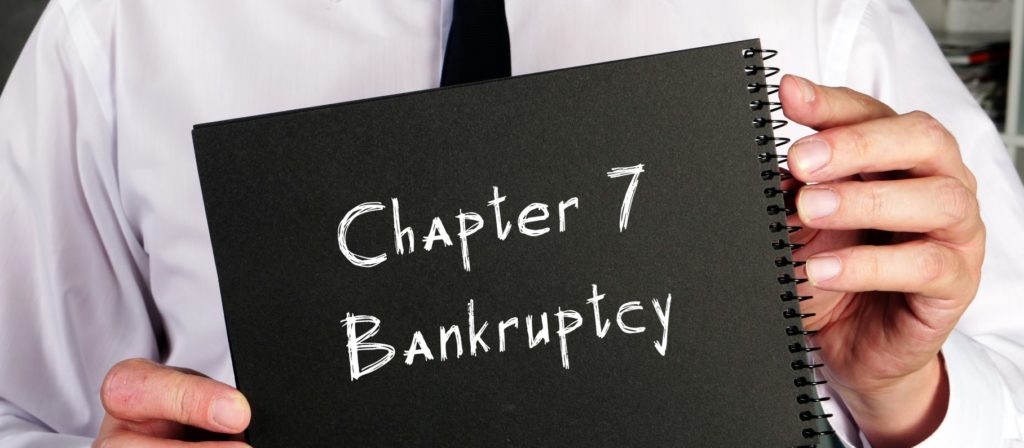Are you overwhelmed by debt? Filing for chapter 7 bankruptcy could discharge your debts and help you get a fresh start.
The first question that many filers have concerns income limits. Can you file if you make a lot of money? The answer depends on your situation. Find out more about the income limits and means tests used to determine eligibility.
What Is Chapter 7 Bankruptcy?
Chapter 7 is the most common type of bankruptcy and can be used to erase qualifying unsecured debts such as credit card debt, medical bills, and personal loans. Several exceptions include student loans, child support, back taxes, and court judgments. Before you file a bankruptcy petition, you should review your options and determine if this is the best course of action for your situation and debt type.
You may have to surrender some of your assets to pay off a portion of your debt, although most filers do not. The entire bankruptcy process typically takes about six months to complete. Bankruptcy remains on your credit report for 10 years. You could see a big impact when you first file, but your score should begin to rise shortly after.
Income Limits and Means Test
Eligibility for chapter 7 bankruptcy requires that you pass an income and means test. Your gross income is considered, along with your assets, and expenses to get a clear picture of your finances.
Form 122A-1: Monthly Income
Your income qualifies if your total household income falls below the current median income for your state and household size. Calculating this number is simple:
- Add all of your monthly gross income including wages, business income, investments, child support, unemployment, etc.
- Use the income from the entire six months before filing for bankruptcy.
- Find the average by dividing the total by six.
- Multiply the number you get by 12 to find your annual income.
- Compare this with the most recent data from your state.
There are two exemptions to the income test:
- Qualifying veterans and service members won’t have their service-related income counted.
- If more than 50% of your debt comes from your business, you are exempt from the means test.
Form 122A-2: Means Test Calculation
Even if you earn more than the state median income, you can do some additional calculations to determine if you could still be eligible by deducting qualifying expenses. These include your mortgage, health insurance, and car payments.
The money remaining after these deductions is your disposable income. You may be required to pay down your debt if you have a high disposable income. If it’s low, however, you could qualify for chapter 7 bankruptcy.
The Next Steps
The results of your income and means test determine what happens next.
If You Pass the Means Test
Passing the means test doesn’t mean that your bankruptcy petition is approved. You must first complete a credit counseling session and file your paperwork. It’s best to get a lawyer to help you ensure that all details are handled. Next, your case is assigned to a trustee who organizes a creditor meeting where you answer questions about your debts, current financial situation, and assets.
If your bankruptcy is approved, the trustee may sell some of your assets to resolve the debt. After you complete a final education course, your eligible debts are forgiven, and your case is discharged.
If You Fail the Means Test
Failure to pass the means test leaves you with several options. You can pursue other ways to pay your debts, file for chapter 13 bankruptcy, or try again later if your situation changes.
Filing for bankruptcy often brings hope and relief to a troublesome situation. Stop stressing over how to repay your debts and reclaim your future. An experienced bankruptcy attorney from Meredith Law Firm can help you review your options and proceed with the decision that’s right for you.
Click here to view more services by the Merideth law firm

